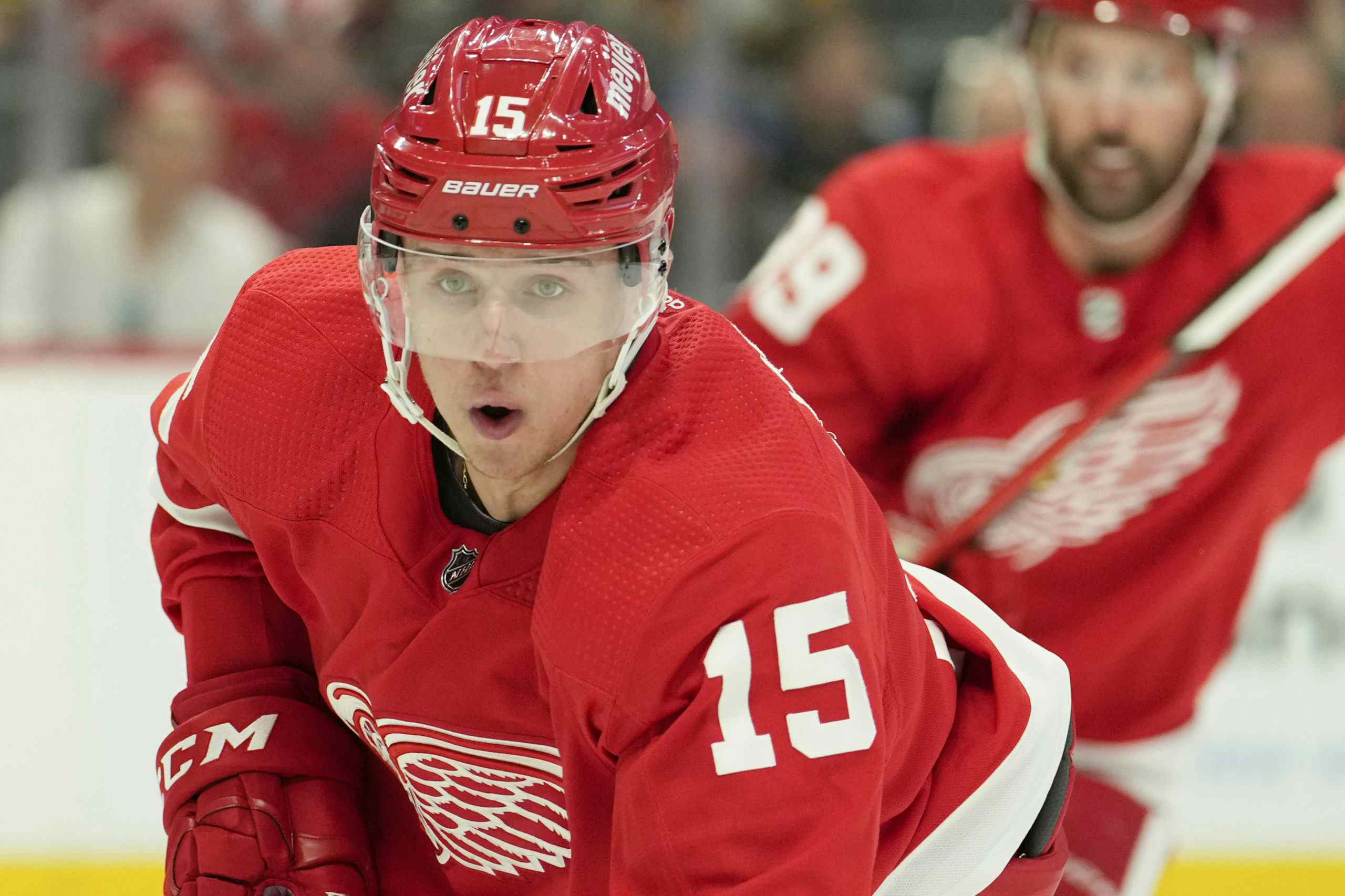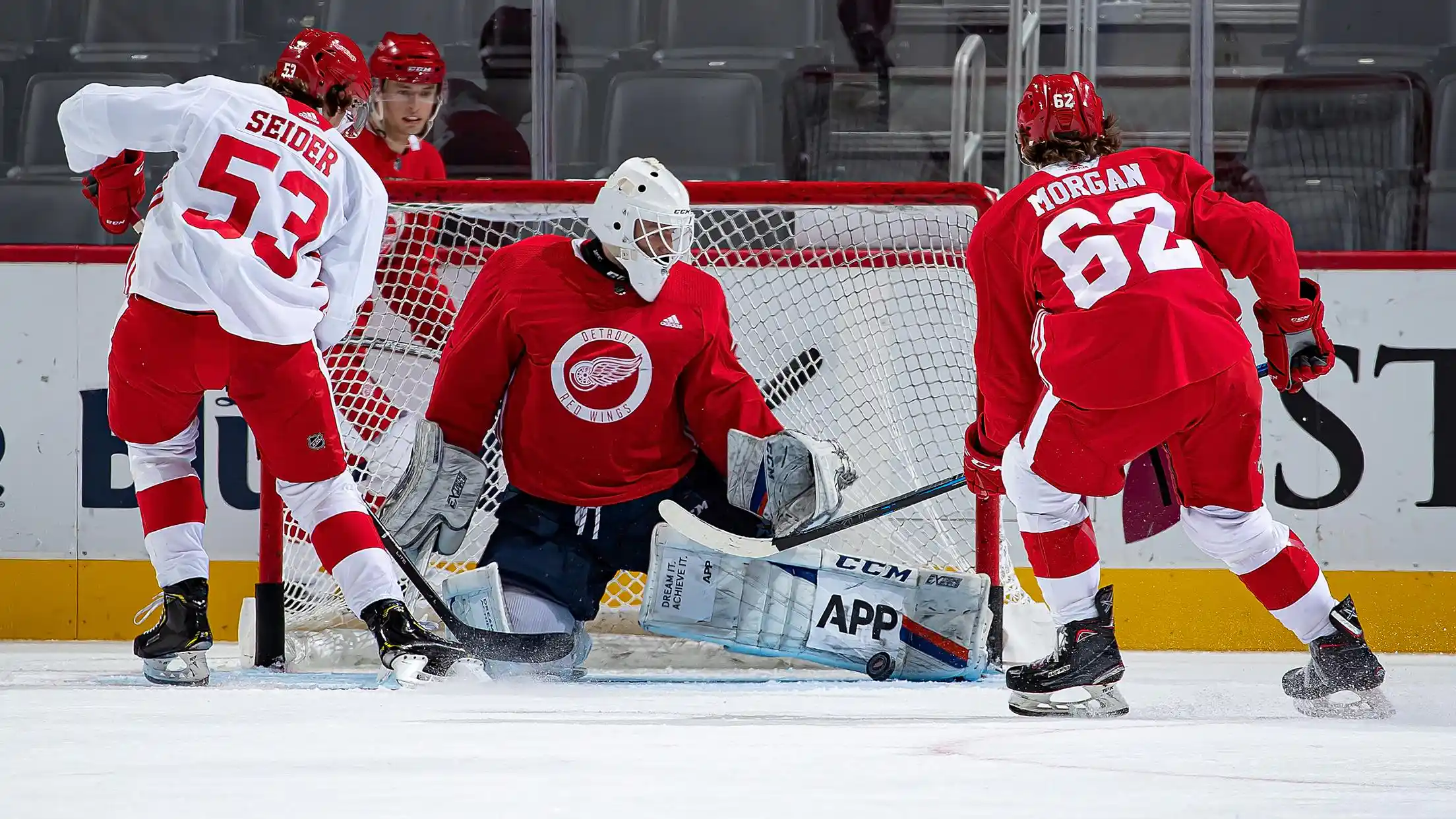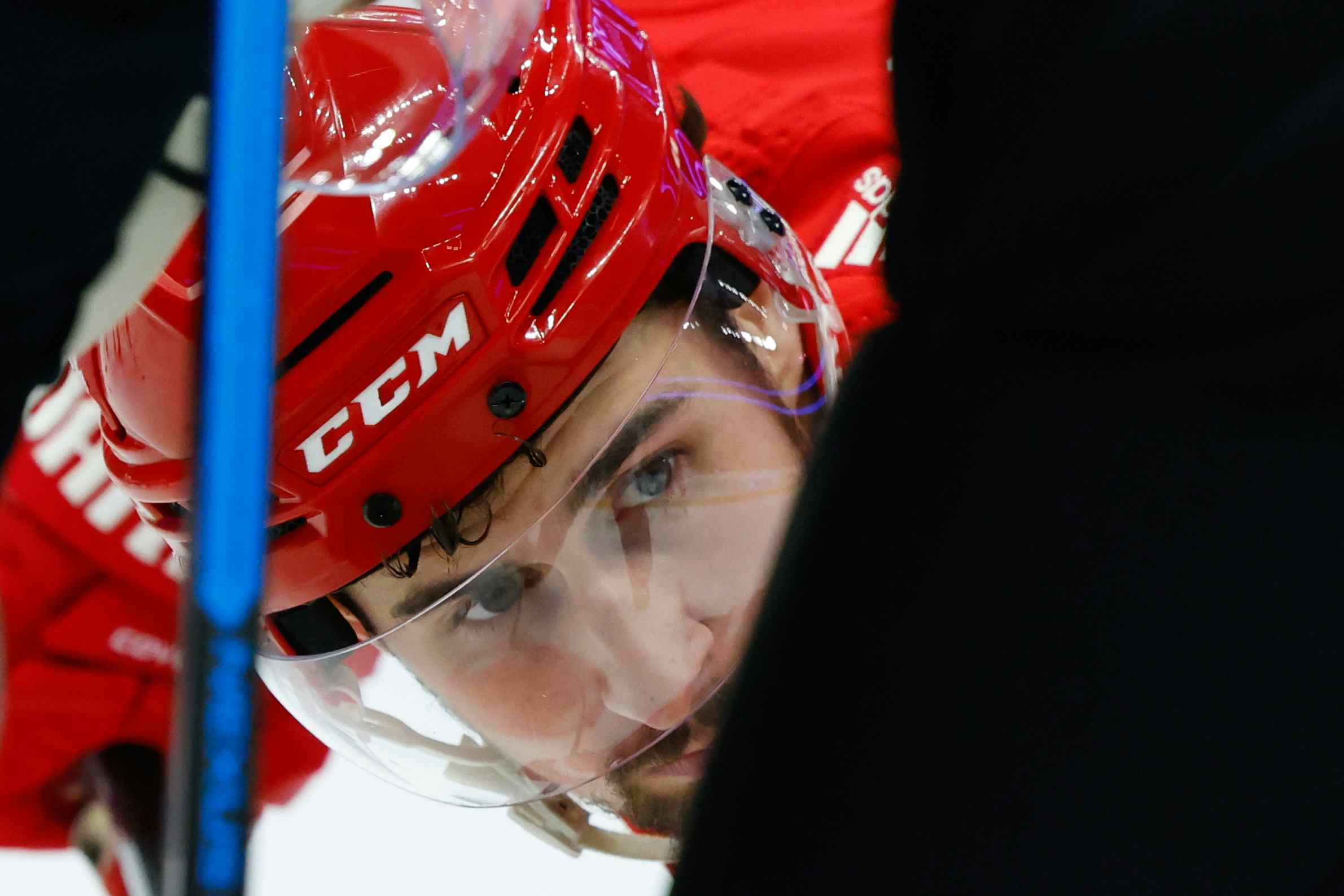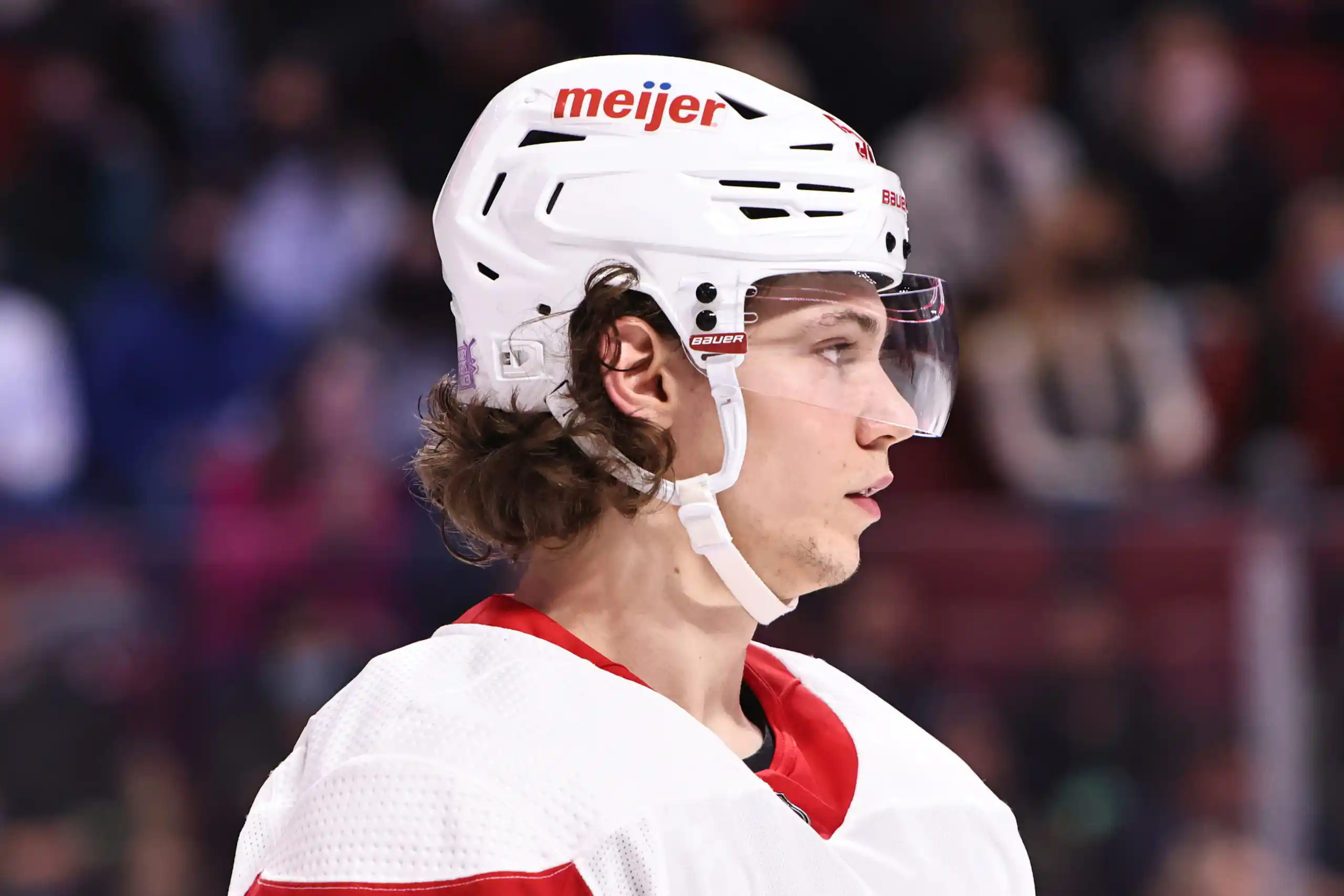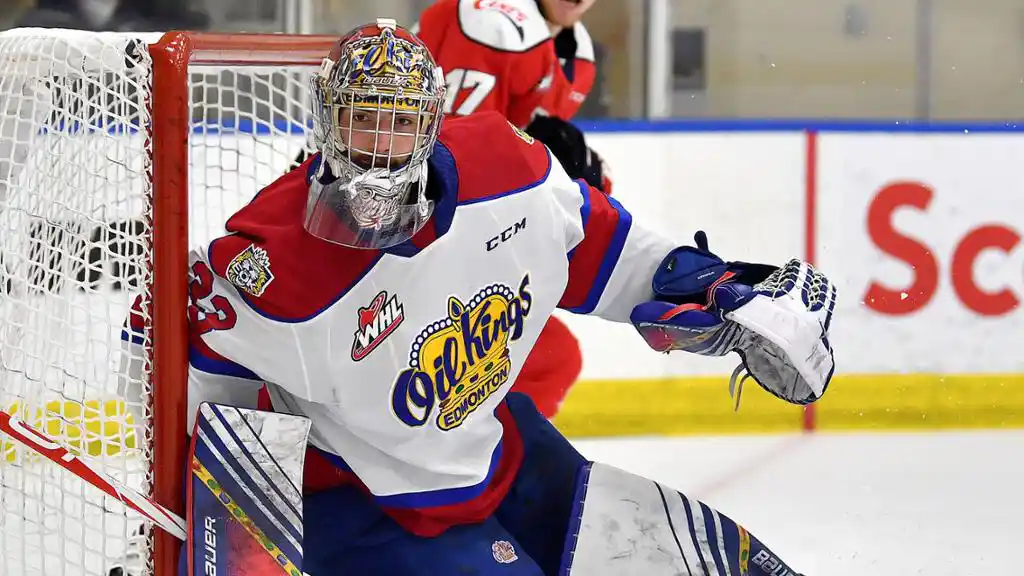Red Wings Shouldn’t Pay To Move Datsyuk Deal
By Greg Brady
7 years agoThere’s things you want to do and things you have to do sometimes, and rarely, in one’s personal or professional lives, do they collide. Sure, there’s the odd occasion. You might like to go for long jogs to keep fit, fulfill goals, test yourself, and it just happens to be great for your body. Not quite the same as pounding back kale milkshakes instead of steak and baked potatoes, is it?
What are the options with Datsyuk’s contract?
Red Wings GM Ken Holland wants to shed himself of the Pavel Datsyuk contract, and we would too, if we were him. But does he HAVE to? The Wings don’t have to pay him the $5.5M left on the last year of his three-year extension he signed in the summer of 2012 (though they gladly would if he was coming back), but they are stuck when he signs his eventual (and inevitable) multi-year deal in the KHL, with a burden maybe worse than paying out the contract itself — a cap hit. And no ordinary cap hit, a $7.5 million cap hit. Whether Holland was being overly-friendly to Datsyuk for past achievements, or simply not reading the tea leaves that strongly indicated Datsyuk might not finish the three-year contract, it’s regrettable, in retrospect, the deal was so front-end loaded in the player’s favor.
Datsyuk’s 3-year extension gave him nearly 80 percent of the money from it, within the first two years (76.1 percent), so he’s hardly crying about the $5.5M he’s leaving behind, though he sacrifices being able to shop at Target, drive on the 696, and slightly more luxurious air travel to do so. Besides, all reports are suggesting Datsyuk will do at least as well as $5.5M/year with his new team, SKA St. Petersberg. I still expect that deal will be announced well in advance of this fall’s World Cup of Hockey in Toronto, and for Datsyuk to be working out and training with both his club team (which starts play in mid-August) and the Russian national team in advance of their first World Cup game against Sweden September 18th.
Although there’s recent (mild) angst about Datsyuk’s contract needing to be protected (a league mandate for players with a no-movement clause, and Datsyuk has one) in a possible expansion draft, I’m in the majority of people who don’t think the league is moving that quickly towards a 31st or 32nd team, and his contract will expire next summer, and therefore, won’t need protection.
Recent comparable contracts
The bigger issue is one which won’t earn any praise from me if Holland goes through with it, and that’s sweetening any potential deal to send Datsyuk’s contract to a team where his $7.5M cap hit is helpful to help reach the salary cap floor. Please believe this, the deal can’t possibly get done without major incentives to the other team.
First, this scenario happens far less often than people think it does, and unlike RFA offer sheets (which GM’s SHOULD utilize more), in the case of acquiring injured players, or even terrible players with big salaries, to reach the floor, it’s a distinct rarity. Yes, Arizona did so with Chris Pronger, but they did acquire other assets that then-GM Don Maloney hoped would be useful ones short-term and long-term, besides the Pronger contract. Philadelphia had been squeezed up against the Cap limits for years, almost from the moment they acquired Pronger, and even after summer 2012 when they traded both Jeff Carter and Mike Richards. Remember, the Coyotes also wanted to get more usage and need for their actual players in the deal, and that’s why moving forward Sam Gagner to Philly, and acquiring defenceman Nicklas Grossman (now 30 years old a pending UFA) also made sense for Arizona.
But the misconception of the deal is that Arizona NEEDED Pronger’s 4.9M hit to even get to the salary cap floor of $52.8 million. Not true at all. They simply had the space and Philadelphia didn’t. Arizona’s actual Team Cap ended up being slightly over $60M for the season, and although only Winnipeg and Carolina had lower budgets throughout the entire NHL, Pronger’s hit didn’t make the difference one way or the other — the point was that Arizona had the room to take on Pronger’s money, and Philadelphia was willing to compensate for the favor of taking it.
Another deal that wasn’t about reaching the floor was the late-season 2014-15 deal which saw David Clarkson traded from Toronto to Columbus for Nathan Horton — though Horton is unlikely to ever play again with a recent history of back and concussion issues, and Clarkson is over the next four (gulp! still four!) years of his abominable contract issued to him on July 1st, 2013 by former Leafs general manager Dave Nonis, it did little to help or hurt the Blue Jackets’ cap scenario. The Jackets wanted a player that could play (steady now…) in exchange for Horton, who could not, and the Leafs wanted to stash Horton on Long-Term Injured Reserve so they could have more cap flexibility with healthier players. Favor for favor, but the Jackets were at the Cap Floor easily with or without Horton’s contract.
Last year, the Jackets paid five forwards north of $4.75M (including Clarkson with his 4 points in 23 games), two defencemen more than $4M, and also had one of the most expensive goalies in hockey in Sergei Bobrovsky, who has a $7.4M cap hit thru the spring of 2019. Sound like a team in danger of falling below the Cap Floor? They aren’t, trust me. Their 15-16 budget was just a couple million dollars less than Detroit’s was!
The bottom line is this, I want the Red Wings to eat the Datsyuk contract. Put some nice honey mustard or lemon vinaigrette on it and chew slowly until it doesn’t hurt and/or until it’s gone next spring. Because there won’t be a team begging Ken Holland to take the deal, unless that deal is sweetened, and despite the mis-use of many of Detroit’s younger players like Teemu Pulkkinen, Brendan Smith, Andreas Athanasiou, Tomas Jurco, and certainly the late-season banishment of Anthony Mantha, the idea any one of those players, or a mid-round draft pick (or just as easily, both) could head out the door just so a Winnipeg or Carolina or even New Jersey can do the Red Wings a solid and take the Datsyuk deal isn’t worth it.
It’s Detroit’s own fault
They’re stuck with this Datsyuk scenario because they weren’t cautious enough in identifying all the potential warning signs that Datsyuk wouldn’t necessarily fulfill this contract. To reiterate, I and many others had heard the rumblings by March of 2015 that Datsyuk wouldn’t even entertain the offer of coming back this past season if Mike Babcock was still the Red Wings head coach — and I still maintain that it was a partial charade by the Red Wings to even pose as a potential suitor to maintain Babcock’s services. The second they climbed the stairs to fly back from Tampa after the Game 7 defeat, he knew he was gone, so did management, and so did many of Detroit’s veteran players — and it was probably time for fresh starts for all.
As for Datsyuk, giving him nearly 80 percent of his money for about 67 percent of the contract was also a dangerous game, and the Red Wings ended up losing. Of course, it will hurt to have a gaping hole on the Red Wings depth chart that costs them $7.5M in cap space — and whatever the final number is for the cap, Datsyuk’s salary will cost between 11-13 percent of its total. It sucks, yes, I get that. But it would be worse to move assets to dump that deal, and that’s the only way it gets done. No GM will be willing to do a favor at his own expense, and no GM is going to be desperate enough to get to the cap floor, there simply isn’t a fit. Though very different scenarios, Arizona has their Pronger hit for one more season, and Toronto has Horton for FOUR more seasons. I’m betting a deal won’t get done, and if one does, it’s not going to be a beneficial one for the Red Wings, especially after 2016-17. Take the pain, deal with it, and work around it.
What’s up next?
As of this coming season, barring trades or buyouts, the Red Wings are paying a blueliner in Ericsson (who should be a #6 or #7 on a contending team) $4.25 million, an aging and eroding defenceman in Kronwall $4.75 million, and an obvious back-up goaltender in Jimmy Howard $5.3 million, who is best served to play no more than 25-30 games a season. Though those players are actually on the roster and Datsyuk won’t be, dealing with the $14.3 million in cap space listed above is actually a far more important task this summer than Datsyuk’s $7.5 million.

Recent articles from Greg Brady

